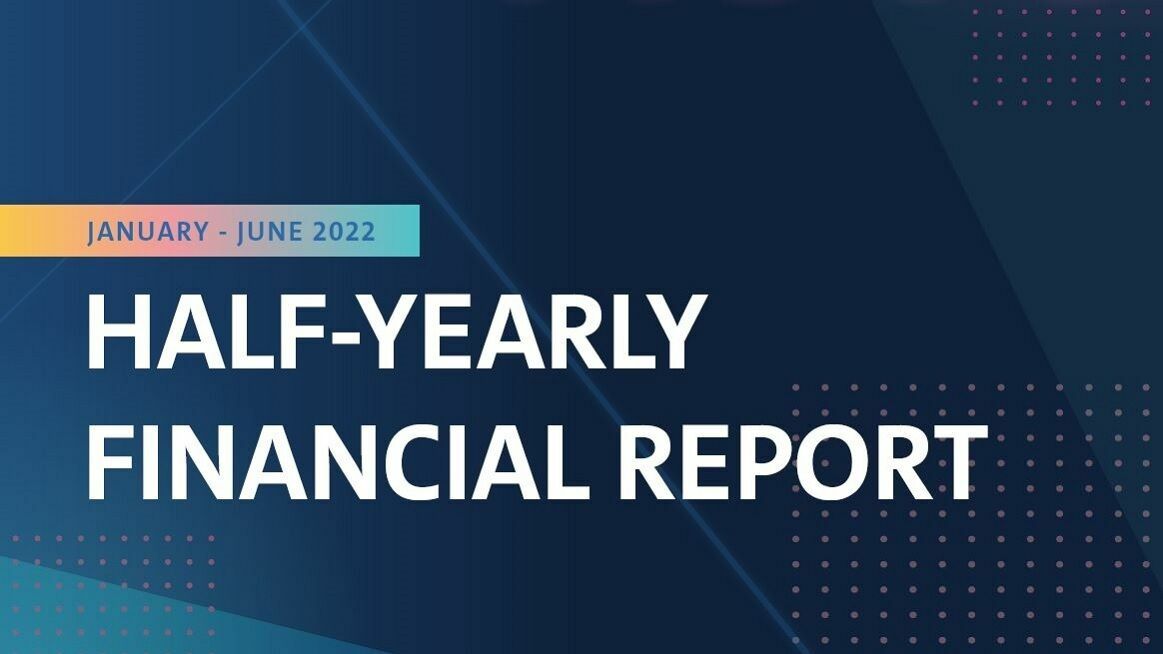"Despite unprecedented global challenges, Volkswagen has demonstrated remarkable financial robustness. The operating margin in the first half of the year reflects the strong product substance and proportionately higher sales in the premium segment. In addition, the volume group has proven that it can deliver good results even in a challenging environment," said CFO Arno Antlitz on the occasion of presenting the quarterly figures.
BEV demand continued to grow rapidly in Q2, with the order intake in Western Europe for H1 2022 40 percent above the previous year’s level. Despite supply bottlenecks, a temporary stop of production in Europe and Covid-related lockdowns in China, 118k BEVs were delivered in Q2 – reflecting a share of total deliveries of 6 percent.In the first half of the year, BEV deliveries increased by 27 percent to 217,000 vehicles.Volkswagen addedproduction capacities for the ID.4 in Emden, Chattanooga and for the ID. Buzz in Hanover in the second quarter to support the planned increase of global BEV production in the second half of the year and beyond.
Despite global headwinds and supply chain issues, the Group demonstrated financial resilience in Q2. Sales revenue for the quarter stood at EUR 69.5 billion (3.3 percent increase over 2021).Operating profit before special items in Q2 came in at EUR 4.7 billion and included roughly EUR 2.4 billion of negative fair value effects from derivatives outside hedge accounting (mainly from raw material hedging), a reverse effect compared to Q1. Before these book value losses, the underlying performance even improved over a good Q1 2022.
Operating result before special items for H1 totaled EUR 13.2 billion, a 16.1 percent increase on H1 2021. This was driven by strong performances from the Premium and Sport brand groups, as well as improvements in the Volume Group which achieved a 5.0 percent margin in H1, further underlining the solidity of Volkswagen’s business. In China, the monthly production run-rate noticeably recovered towards the end of Q2, positioning the Group well for the remainder of the year as Covid restrictions continue to ease. The region represents the Group’s second-largest BEV market (29 percent of sales in H1 and Q2), and the biggest growth driver re BEV-deliveries, registering a more than threefold increase on 2021 with 63,500 BEVs delivered in H1 2022.
The Group continued to prioritize investment in future BEV technology and software. R&D expenditure increased to EUR 4.9 billion in Q2 accelerating Volkswagen’s progress towards becoming a software-driven mobility provider.
"The Group's strong operating profit and financial position enable important investments in future profit pools," Antlitz said. "Volkswagen also made important strategic progress in the second quarter and significantly advanced the development of its battery, mobility services and software platforms."
Advancing Volkswagen as one of the leading companies for mobility services
The acquisition of Europcar represents a significant strategic step with which Volkswagen is expanding its mobility services business, tapping into a growth market with customer demand expected to increase rapidly. Future profit pools are very promising. As a result, Volkswagen will be enabled to provide access to all its customers through Europcar’s infrastructure, including key transfer points in airports, train stations and city center locations, from which it can expand mobility services.
Volkswagen is planning to provide its customers with all their mobility needs from a single app, including ride hailing, ride pooling, car sharing, rentals and vehicle subscriptions.
New PowerCo paves the way for battery production expansion
The Salzgitter-based PowerCo, which was formally established in July, is bundling global battery activities from raw materials to recycling.
At the same time, construction work started on the company's first own cell factory. This will provide a highly standardized blueprint for Volkswagen’s global roll-out of sustainable cell factories that are designed to secure supply and cut battery costs for Volkswagen Group.
CARIAD launches new software updates
CARIAD made significant progress in Q2, expanding its automated driving capabilities and delivering powerful updates to its customers which provide a significantly improved level of automation and add new functionality such as an automatic lane change with Travel Assist, automated parking and Plug & Charge.
CARIAD also signed multiple agreements to secure high-performing hardware for the Group’s software platform and further future-proof the next generation of vehicles.
Outlook
Volkswagen Group confirms its outlook for 2022 after a solid first half as supply constraints ease. The supply of wiring harnesses has been managed successfully and is mostly back to normal levels. The Group expects the product mix to normalize in H2 as the semi-conductor situation improves in combination with a strong order book. A noticeable recovery of the monthly sales towards the end of Q2 additionally bodes well for H2 sales.
However, it is still not possible to conclusively assess the specific effects of the war in Ukraine or effects of the Covid-19 pandemic on the Volkswagen Group’s business, on the global economy and growth in the industry in fiscal year 2022. In Europe in particular, there are uncertainties regarding energy supply.
"Despite all the caution in the face of the volatile market environment and geopolitical risks, we are confident that we can further accelerate the transformation of the Group," CFO Antlitz concluded.









